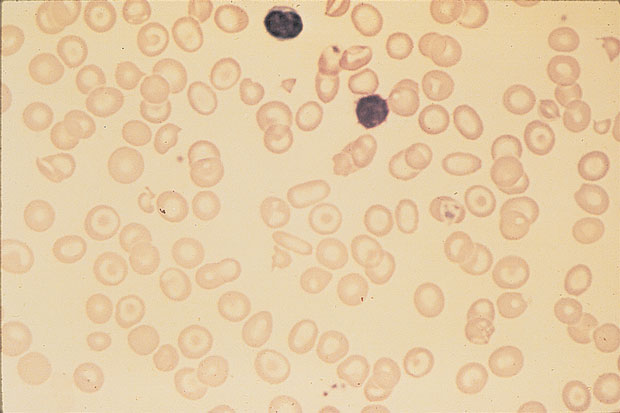Latest updates on ACP's priorities, initiatives
ACP Spotlight offers readers a look at ACP's current top priorities and initiatives, as well as highlights from our e-newsletter, I.M. Matters Weekly from ACP.
ACP strongly opposes banning DEI in medical education
The College released a statement on April 3 noting its strong opposition to efforts that would prevent medical schools from adopting policies seeking to advance diversity, equity, and inclusion (DEI). Research shows that a diverse physician workforce is critical to advancing equity and understanding in health care, the College said in the statement.
"DEI programs serve to address the current and historical underrepresentation and inclusion of diverse perspectives and insights in the field of medicine, improve health outcomes of underserved and marginalized communities, promote equity and understanding among clinicians and patients, and facilitate quality care through an inclusive physician workforce," the statement said. "Diverse populations in medical training settings also improve learning outcomes by increasing active thinking [and] intellectual engagement skills and strengthening understanding of and empathy for diverse cultures. ACP is committed to pursuing policies, advocacy, and actions to confront and eliminate racism, disparities, discrimination, bias and inequities in health and health care."
Internal medicine physicians applaud final rule on short-term insurance, other 'junk' plans
ACP has been a strong supporter of the Affordable Care Act (ACA)'s patient protections and is encouraged by the Biden Administration's final rule on short-term, limited-duration insurance plans and other noncomprehensive coverage, which seeks to ensure patients are able to make informed decisions about coverage decisions and are not misled into enrolling in a plan that does not meet their needs.
Short-term limited-duration and other junk plans are not required to abide by the ACA's patient protections, potentially exposing patients to high out-of-pocket costs. The final rule ensures that such plans work as intended by filling temporary gaps in coverage, not serving as a replacement for primary, comprehensive coverage. ACP will continue to advocate for policies that support ACA-compliant coverage, including a permanent extension of enhanced premium subsidies for those purchasing coverage through the ACA marketplaces.
New video released on preventing firearm injury
A new video from ACP and Annals of Internal Medicine includes harrowing personal stories of hurt, hope, and resilience from physicians and patients and details ACP's call for common-sense policies to help reduce firearms-related injuries and death. The video and all of Annals of Internal Medicine's collection of content on firearms are free to the public.
New audio versions available for ACP Online Learning Center content
The Online Learning Center now offers audio-enhanced versions of the following activities.
- Human Trafficking: Identification and Response
- Intimate Partner Violence: Dynamics and Effects
- Intimate Partner Violence: Education and Connecting
Each includes three full-length and chapter-based audio versions.
Visit the Online Learning Center to explore the newly added audio content and other free and discounted CME and MOC courses.
ICYMI: Highlights from I.M. Matters Weekly
- Salt substitution associated with lower mortality. A systematic review and meta-analysis found that salt substitutes may be associated with lower risk for all-cause and cardiovascular mortality but noted that most of the evidence is from older populations and those eating an Asian diet. The results were published April 9 by Annals of Internal Medicine and summarized in the April 9 I.M. Matters Weekly from ACP.
- New research evaluates strategies for prostate cancer screening. Prostate-specific antigen (PSA) screening reduced mortality over the long term, magnetic resonance imaging (MRI) and targeted biopsies improved early detection, and a multistep screening protocol involving a PSA test, a 4-kallikrein panel, and an MRI showed promise, with an accompanying editorial calling it "a more contemporary and pragmatic approach to screening." The studies and editorial were published in early April by the JAMA Network and summarized in the April 9 I.M. Matters Weekly from ACP.




